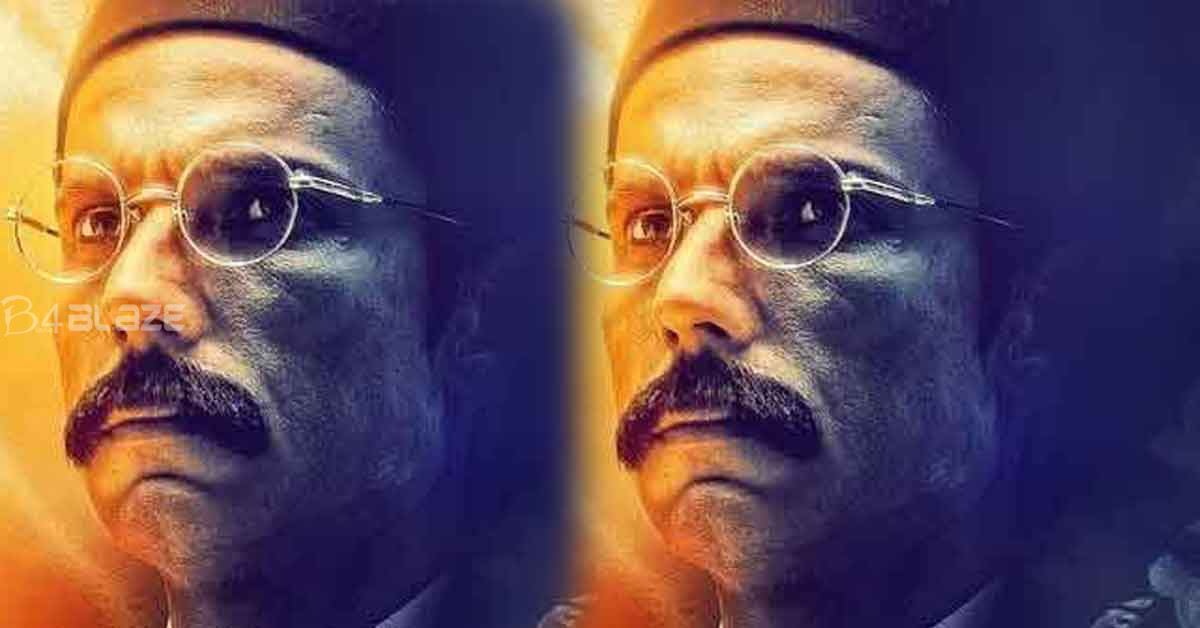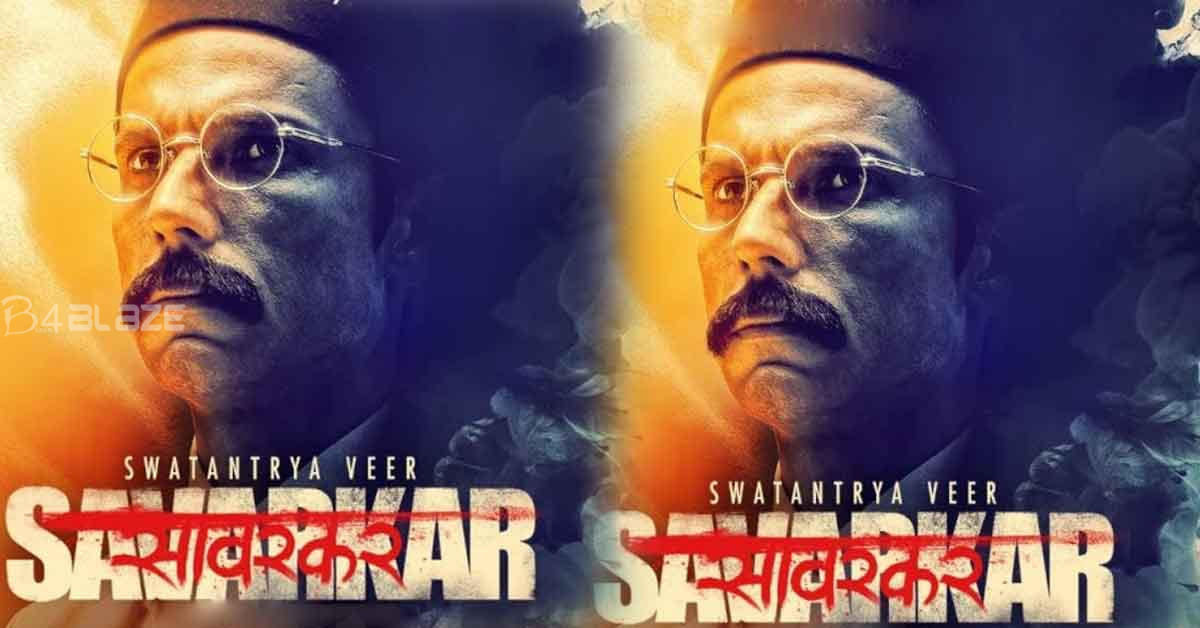Swatantra Veer Savarkar a name that resonates with the rich history of India’s struggle for independence, is often regarded as a hero, a freedom fighter, and a nightmare for the British Empire. His remarkable journey, courageous actions, and unwavering dedication to the cause of freedom have left an indelible mark on the nation’s history. In this long-form news article, we delve deep into the life of Swatantra Veer Savarkar, shedding light on his extraordinary contributions and the impact he made on India’s quest for independence. Born on May 28, 1883, in the town of Bhagur in the Nashik district of Maharashtra, Vinayak Damodar Savarkar, popularly known as Veer Savarkar, was a multifaceted personality. He was not only a freedom fighter but also a poet, writer, philosopher, and social reformer. His early education in Pune laid the foundation for his revolutionary thoughts and nationalist ideals.

Savarkar was deeply inspired by the works of nationalist leaders like Bal Gangadhar Tilak and Bipin Chandra Pal. He believed in the concept of Swaraj, advocating for complete independence from British rule. His revolutionary writings, including his influential book “The First War of Indian Independence,” awakened the spirit of patriotism among the masses and ignited a fervor for freedom. One of Savarkar’s most significant contributions was the formation of the Abhinav Bharat Society in 1904, a secret organization aimed at overthrowing British rule in India. The society became a platform for like-minded revolutionaries to come together and plan strategies to achieve independence. Savarkar’s charismatic leadership and revolutionary ideologies attracted young minds from across the country. The infamous Cellular Jail in Andaman and Nicobar Islands stands as a stark reminder of Savarkar’s relentless pursuit of freedom. In 1909, he was arrested for his involvement in revolutionary activities and was sentenced to two life terms totaling 50 years of imprisonment. His incarceration in the Cellular Jail subjected him to unimaginable hardships, physical torture, and isolation. However, even in the darkest of times, Savarkar’s spirit remained unbroken, and he continued to inspire fellow prisoners with his unwavering resolve.
During his time in prison, Savarkar wrote extensively, penning powerful poems and essays that resonated with the masses. His writings smuggled out of the jail, acted as a catalyst for the revolutionary movement outside, fueling the fire of freedom in the hearts of countless Indians. His call for complete independence, self-rule, and the use of armed struggle as a means to achieve freedom struck a chord with the youth of the nation.






















